Shiba Inu
Shiba Inu dog is an alert, attentive, and active ancient Japanese dog breed originally bred to hunt small game and occasionally wild boars. Today these dogs are the most popular in Japan as companions. Shiba Inu is one of the six native dog breeds from Japan among Akita, Kishu, Hokkaido, Kai, and Shikoku.
They are the smallest of all native Japanese dogs. To describe their mental traits, the Japanese use three words: kaani-i (spirited boldness), ryosei (good nature), and soboku (alertness). When you combine these three traits, they make an intelligent, fiery, and strong-willed dog breed.
Many people will fall in love with their looks but will not be able to restrain their personality, and that is why you need to be sure that this dog breed is the right for you before contacting Shiba Inu breeders.
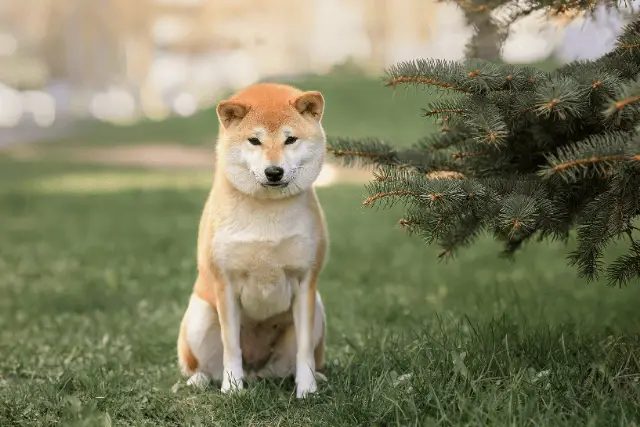
FUN FACT: Shiba is the number one companion dog in Japan.

Height:
13.5-16.5 in (34-42 cm)

Weight:
17-23 lb (7.5-10.5 kg)

Origin:
Japan

Life Expectancy:
13-16 years
Dog Breed Characteristics
The Shiba Inu dog breed has prick ears and squinty eyes with a curly tail. Their thick fur provides them with great isolation, and their powerful body allows them to be quick and agile. They are athletic, keen, and alert dogs.
Grooming and care
Shiba Inu has a thick double coat. The outer coat is stiff and straight, while the undercoat is thick and soft. They shed a lot – most heavily during shedding season. His coat is easy to take care of. Infrequent brushing will not hurt the dog and constant brushing and combing during heavy shedding will reduce the amount of hair in the house.
They are naturally clean dogs without odor. A very good thing to use is a blow dryer. Blowing the dog will remove loose hair and dirt, just make sure that the air is not too hot. Bath him only when necessary because if you bathe your dog more often, you will dry out his skin and coat.
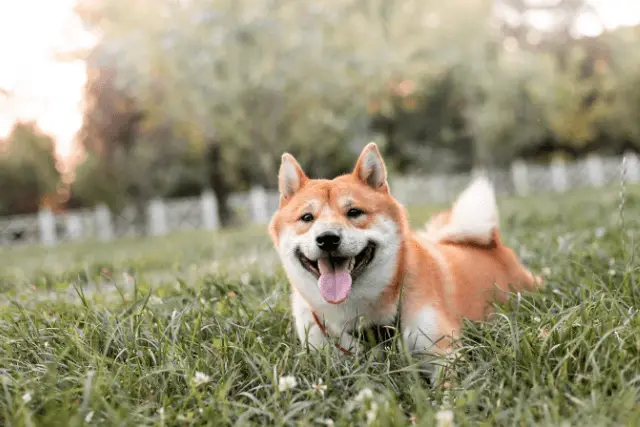
It is recommended to bathe your dog every three to four months. Shiba comes in many color variants, including orange-red, urajiro (cream to white color), and sesame. Dogs can have white markings on the forelegs, hind legs, and on tip of the tail.
Shiba dogs don't like nail trimming, so it is advised to start trimming your dog's nails when he is young so he will get used to it. If this thing becomes a major struggle, the best thing you can do is seek professional help. The rest is basic care – brush his teeth a few times a week to secure healthy teeth and gums and check his ears for bad odor and wax build-up.
While you are checking his ears, you can wipe them with a cotton ball dipped into a ph-balanced ear cleaner to prevent any infections.
Scream
This dog is well known for his scream. They are known to be drama queen divas. They will use their scream to express discomfort, pain, or anxiety. They will use their scream to make sure you hear them loud and clear. Things that will most likely empower them to use their scream are nail trimming, bathing, and vet visits.
This is why it is very important to start to socialize with them and get them used to these things while they are young so you will not have this kind of problem in the future when the dog is grown up.
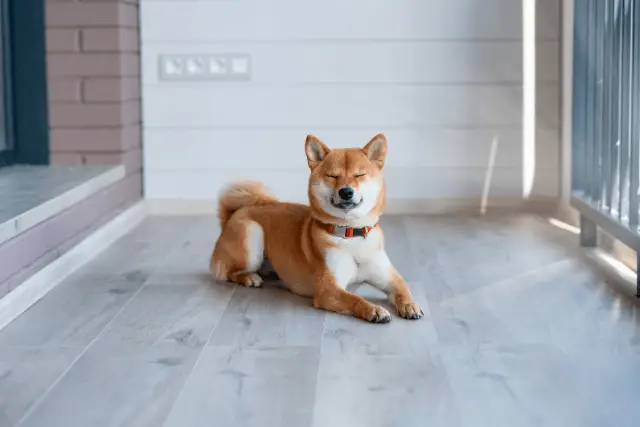
Nutrition
These dogs should tolerate any diet. Some Shiba dogs can be picky about their food, but most of them will eat anything you put in front of them. Some of them can be prone to obesity, so it is advised to watch your dog's calorie consumption.
The simplest way to check if your dog is obese is to check his ribs and backbone – you should be able to feel them but not see them. Also, be careful with the number of treats you give to your dog because too many can cause obesity.
Temperament and intelligence
This dog breed is very intelligent. That is a great thing because that means it can quickly learn new things and adapt very quickly to new situations. They are very curious dogs by nature, and they are quick thinkers. It is said that these dogs are strong-willed and temperamental.
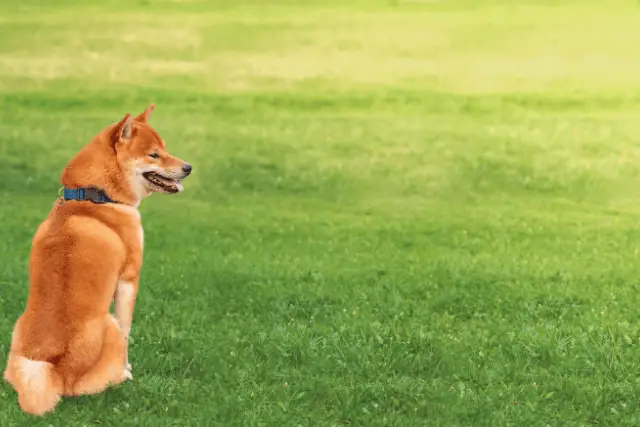
This breed also has a superior demeanor. They approach everything with a dignity that is unique for this breed and is commonly mistaken for stubbornness. It is no wonder that these dogs were loved by the Japanese emperors and nobles for many years.
Possessiveness
One more trait that is known for this breed is their possessiveness. They like to guard their toys, food, and territory. It is important to know how to approach this type of behavior so that your dog doesn’t react badly and no harm gets done to you or your dog.
Usually, socialization helps to keep this type of behavior under control, but it is a good idea to hide their favorite things like toys during socialization time. It is always advised to expose your dog to many different sights, sounds, and people to secure a well-rounded dog.
Socialization
They have been known to display the more lively side of their temperament toward other dogs, especially toward dogs of the same sex. Male Shiba Inu have little to no patience for other male dogs that are in their territory or even in the dog park your Shiba considers theirs. Again, a good answer to that is early socialization and training.
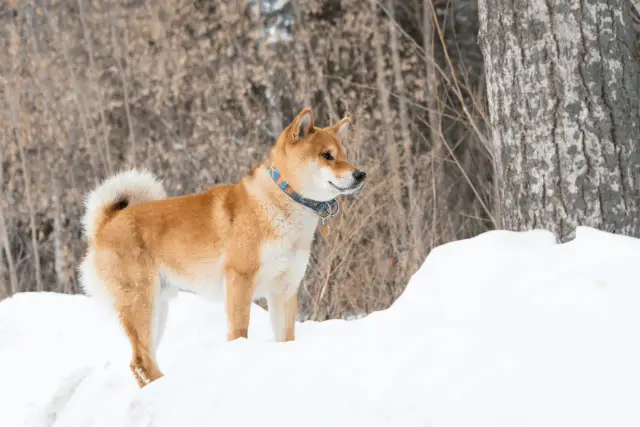
Training
Training might be a problem, and you will have to approach your Shibas training like a professional. They can be stubborn, and since they are intelligent, they quickly understand what you are demanding, but they just don’t want to do the things you are asking. When training a Shiba, you have to make it seem like the training was their idea and that they are getting more out of it than you are.
FUN FACT: Shiba Inu dogs are considered the oldest and smallest dogs in Japan.
Hunting instincts
They cannot be trusted enough to walk them off the leash since their hunting instincts are mainly intact, and they will chase anything they consider to be prey. If they see a chipmunk or a cat, they will immediately try and catch it. No matter what obedience course you attend, they will have prey drive in them. Always be careful and never allow them to get away through the unlocked gate or open door because they could be gone forever.
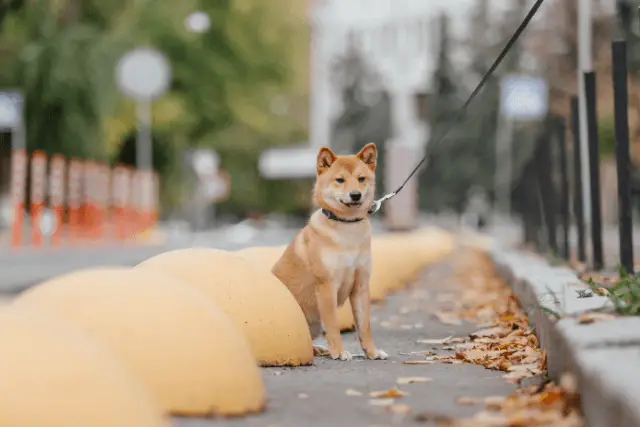
Exercise
Shiba Inu requires enough daily activity. They love to go for long walks, jogging, or cycling with their owners but remember to keep them on a leash. If they don’t spend their excessive energy, they can develop destructive tendencies.
They are best suited for a home that has a yard where they can roam and explore but keep in mind that the yard has to be a well-fenced area since Shibas are known as escape artists. They love to climb and dig and will do anything they can to get out of the fenced area. They can suffer from separation anxiety, and it's not advised to leave them alone for too long.
Are Shiba Inu dogs good with kids?
Despite their temperament, they are great family dogs. They are incredibly loyal and devoted to their family and love to have the family’s attention. They get along well with kids if they have been properly socialized and kids treat them well and respectfully.
They are known to have a great sense of humor and will try to make you laugh and smile now and again. As with all the other dog breeds, if you let your kids play with the dog, first, you need to teach them how to properly approach the dog and play with him. Always supervise any interaction between dogs and kids, no matter how good your dog is or how much you trust him. Sometimes dogs can unintentionally hurt the kid during playtime.
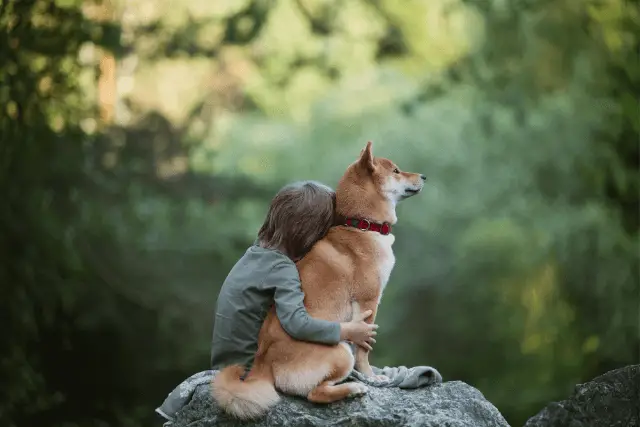
Health problems - allergies
The Shiba Inu dog is pretty healthy, with a lifespan of 13-16 years. The most common health problem with these dogs is allergies. Allergies will manifest as itching and skin irritation. The bad news is that is no way of testing breeding dogs, but if dogs have active allergies, they shouldn't be bred.
Most dogs who have allergies can live a normal life and treat the symptoms with proper products- just like humans. Allergies will not manifest themself before puppies are at least 6 months old.
There are three types of allergies:
- food allergies (treated by the elimination of certain food),
- contact allergies (caused by the reaction to powder, shampoo, and any other chemical)
- inhalant allergies (caused by pollen, dust, etc.). Treating the allergies will vary according to the cause and type.
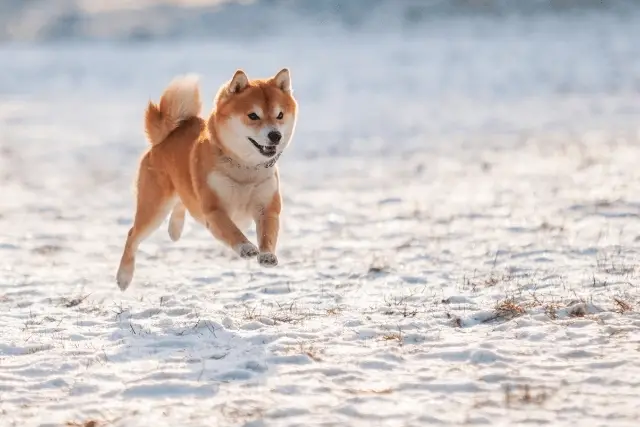
Sibas are also prone to many other health problems, and just because they can end up with them doesn't mean that your dog will develop them.
Besides allergies, Shiba dogs can develop
- chylothorax (a condition that causes an accumulation of fluid in the chest cavity),
- glaucoma (a disease that results in increased pressure in the eye and can come in two variants- primary and secondary),
- cancer,
- epilepsy (an often inherited disease that can cause mild or severe seizures),
- patellar luxation (when the knee joint slides in and out of place and causes pain)
- hypothyroidism (a disorder of the thyroid gland),
- progressive retinal atrophy,
- hip dysplasia.
There are a few recommended health tests you should perform to ensure that your dog is healthy: hip evolution, patella evaluation, and ophthalmologist evaluation.
Shiba Inu breeders
Suppose you decided that you like this dog; now it's time to find good and responsible Shiba Inu breeders. When you make a decision, talk to them and describe exactly what you are looking for in a puppy, and also ask for their help when selecting a Shiba Inu puppy. Because they see puppies all day long, they can make accurate recommendations about the puppy once they learn something about you and your lifestyle.
Because they show great independence and intelligence, if you decide to buy this puppy, do it as soon the puppy is ready to leave his mother because it will be much easier to raise him and take care of him.
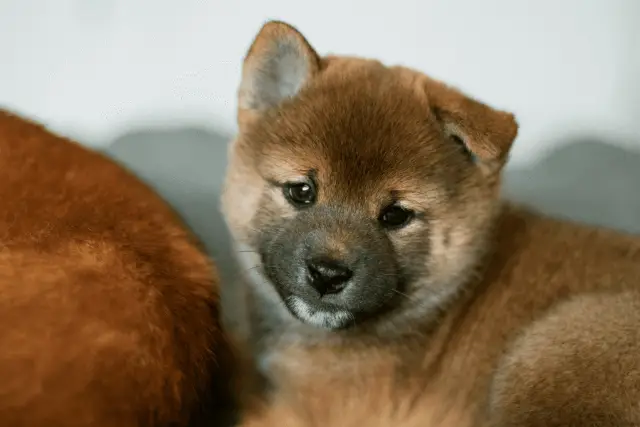
If you are a first-time owner, we advise you to sign your dog to a training school or seek professional help who will show you how to work with this dog because if you raise and socialize him from the start, he will be the perfect family dog.
The puppy's price depends on many factors, including whether it is a male or female, whether do puppy's parents have any titles, and whether it is a show dog or a pet. The best thing you can do is to talk to many different breeders before making your final decision. With that, you will get opinions from many people and in the end, you will have more knowledge so you can make the right decision.
World Dog Finder team

Updated at31.08.2023.
Breed History
The Shiba Inu dog breed originated in Japan along with 5 other Japanese native dog breeds. As we already said, these dogs were used primarily for hunting as early as 300 b.c. There are a few theories about Shiba Inu's name.
The first one says that Shiba means "brushwood" referring to the brush in the mountains, and the other says that the dog's reddish color is the same as brushwood leaves. Word Inu in Japanese means dog. At the end of World War II, this breed was nearly extinct.
Most dogs of this breed perish in the bombing raids, and those who survived were further decimated by distemper in 1952. After the war, breeding programs were established. The program began with two different types of Shiba dogs. One was found in the mountain areas and was heavier-boned, and the other one was found in other parts of Japan.
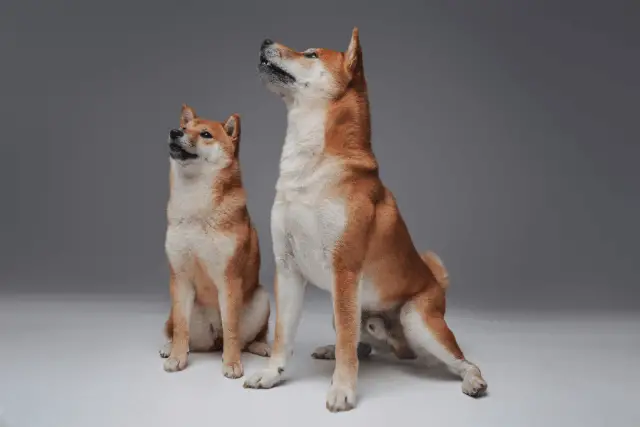
Those differences can still be seen occasionally in today's litter. Nihon Ken Hozonkai was set Shiba Inu dog breed standard and the Japanese Kennel Club and the FCI adopted this standard.
The Shiba Inu breed was imported to America in 1954, and the first litter was born in 1979. American Kennel Club officially recognized this breed in 1993.
FUN FACT: Most Shiba dogs are cat-like because they have a will of their own.
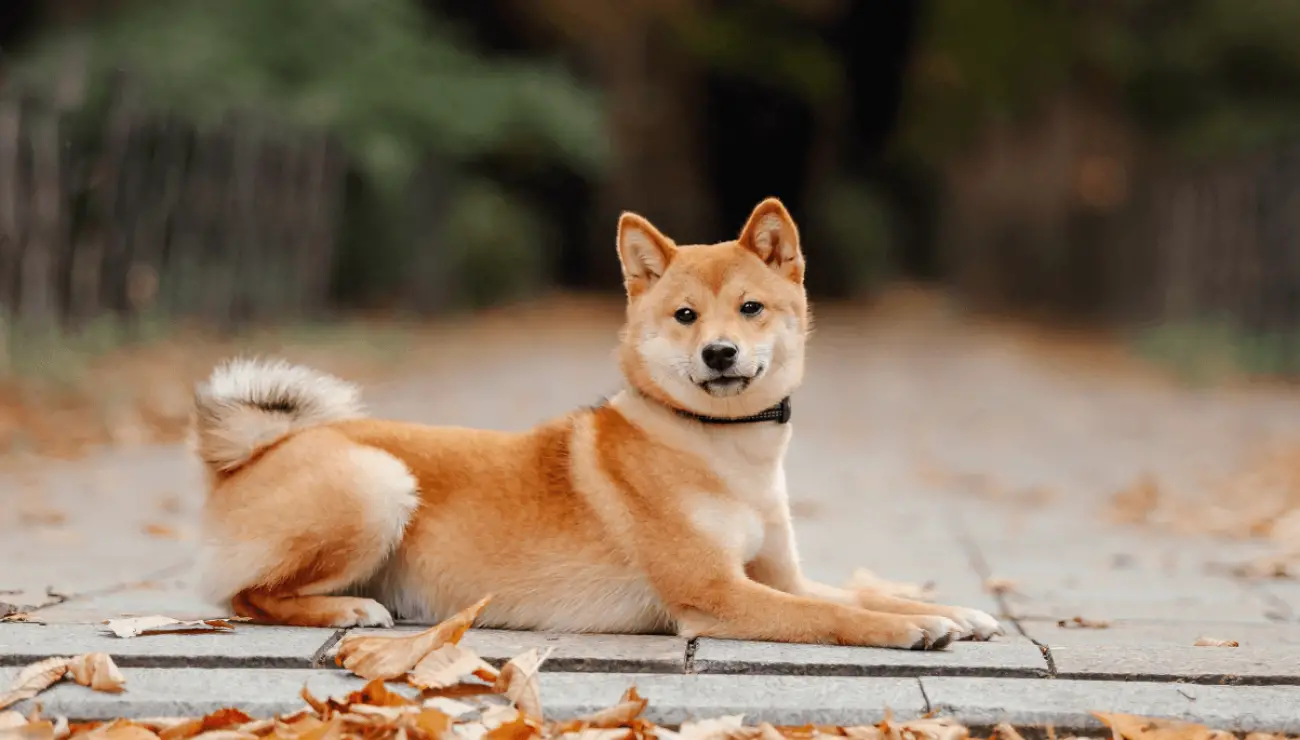
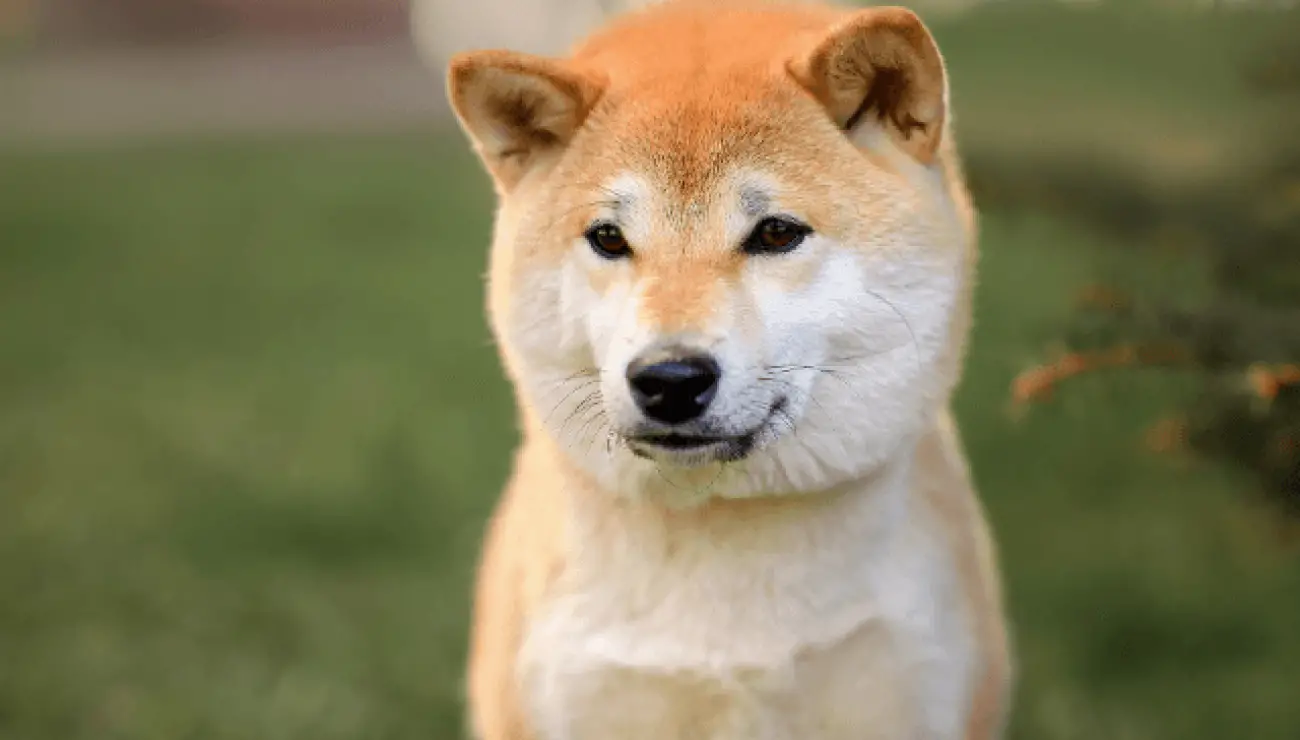
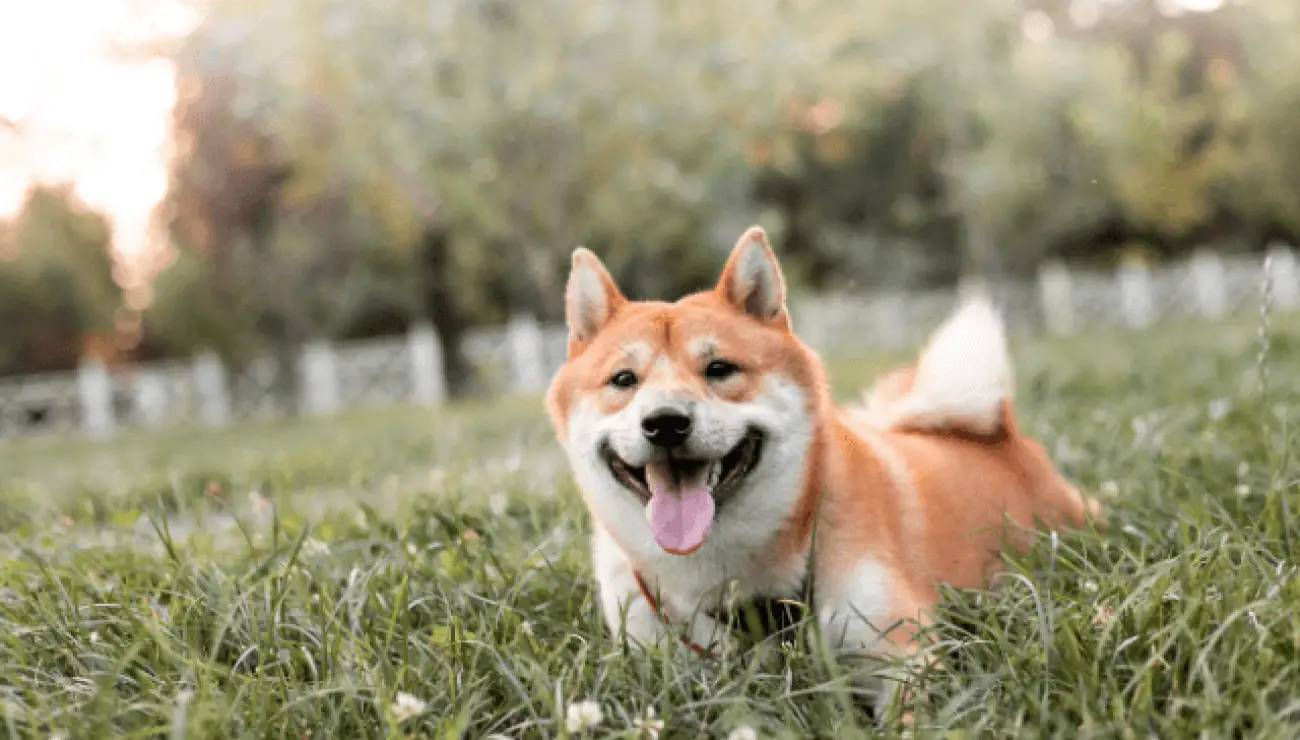
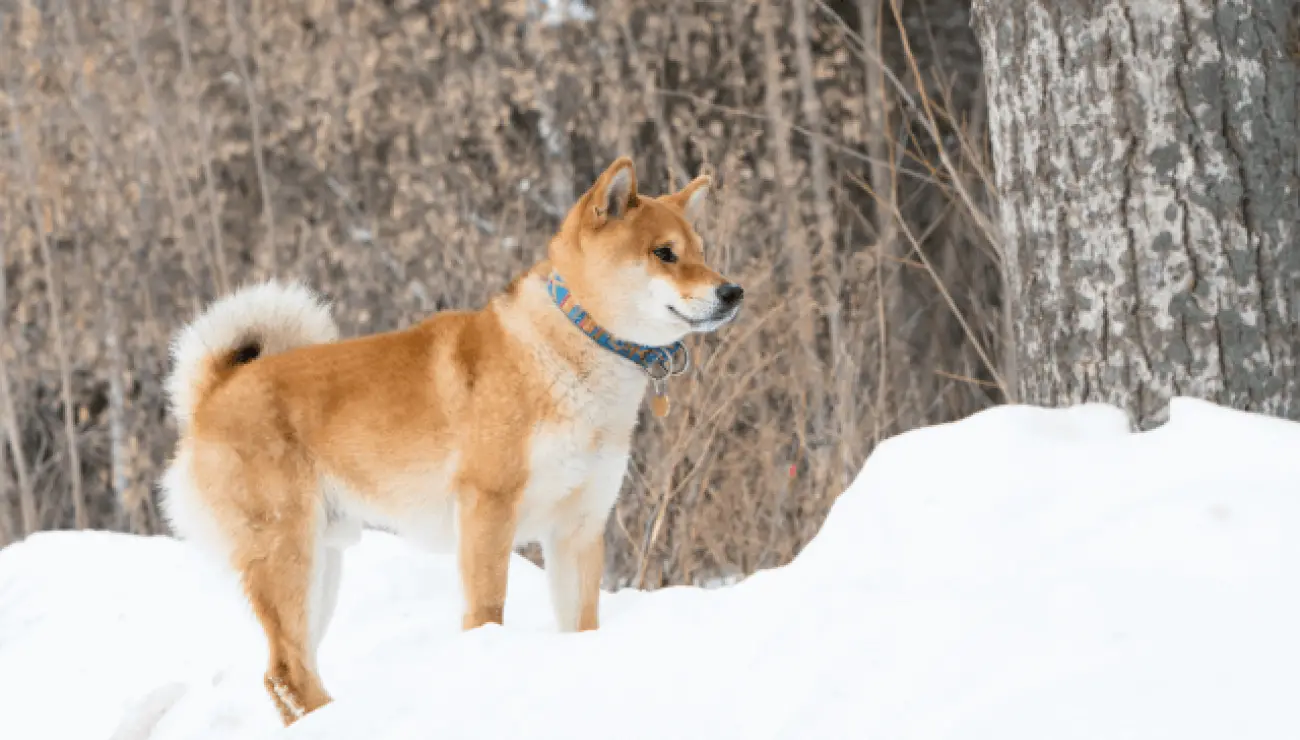
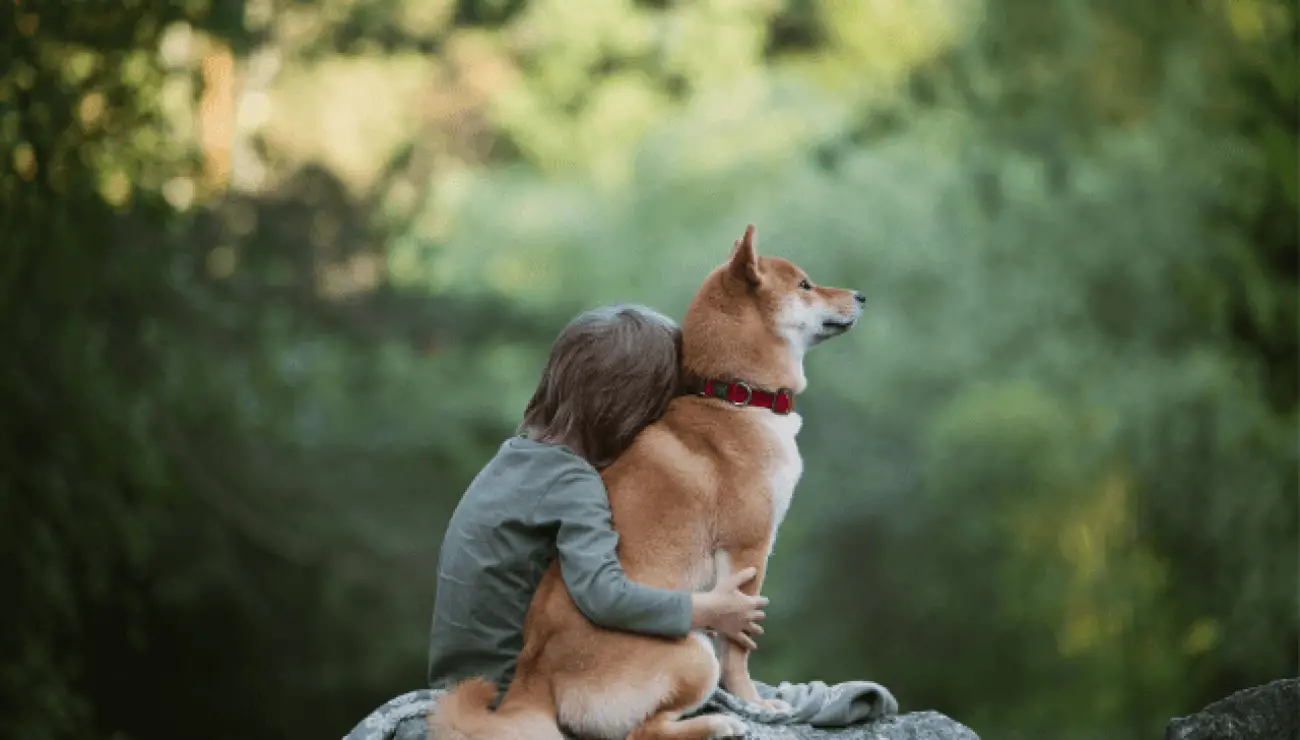
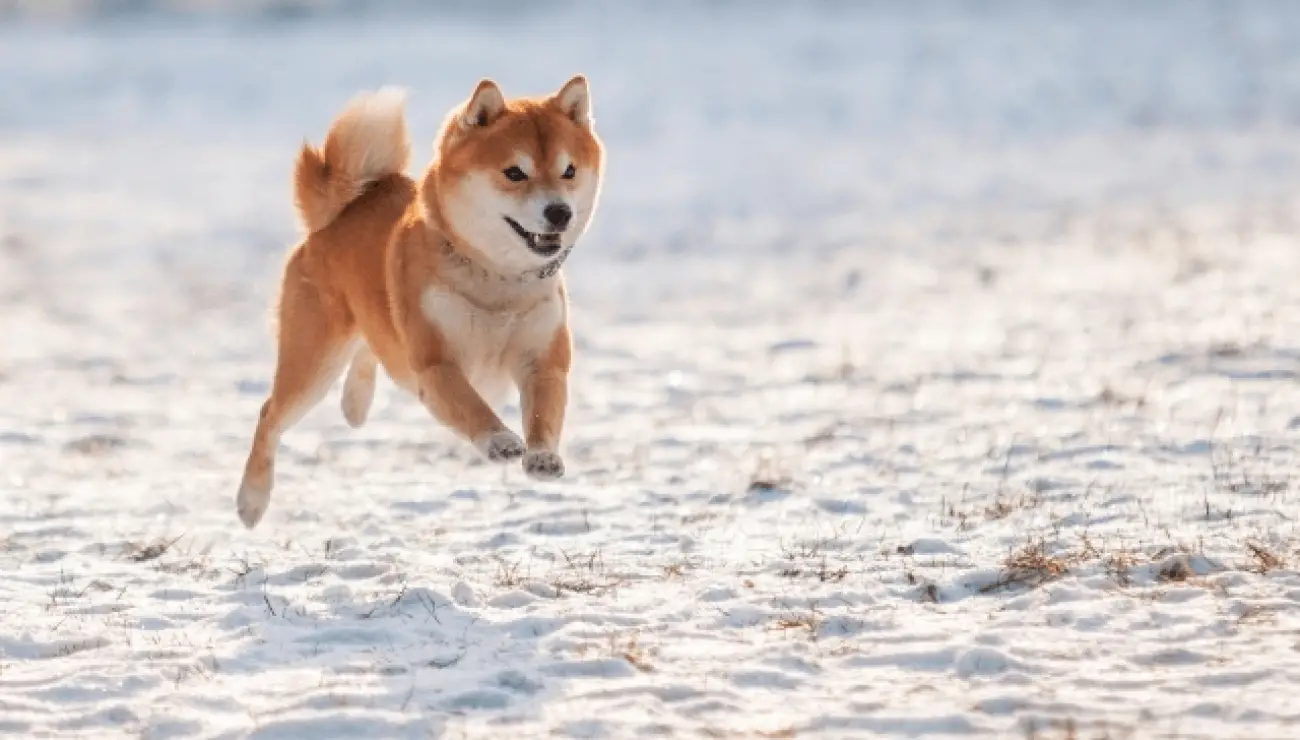
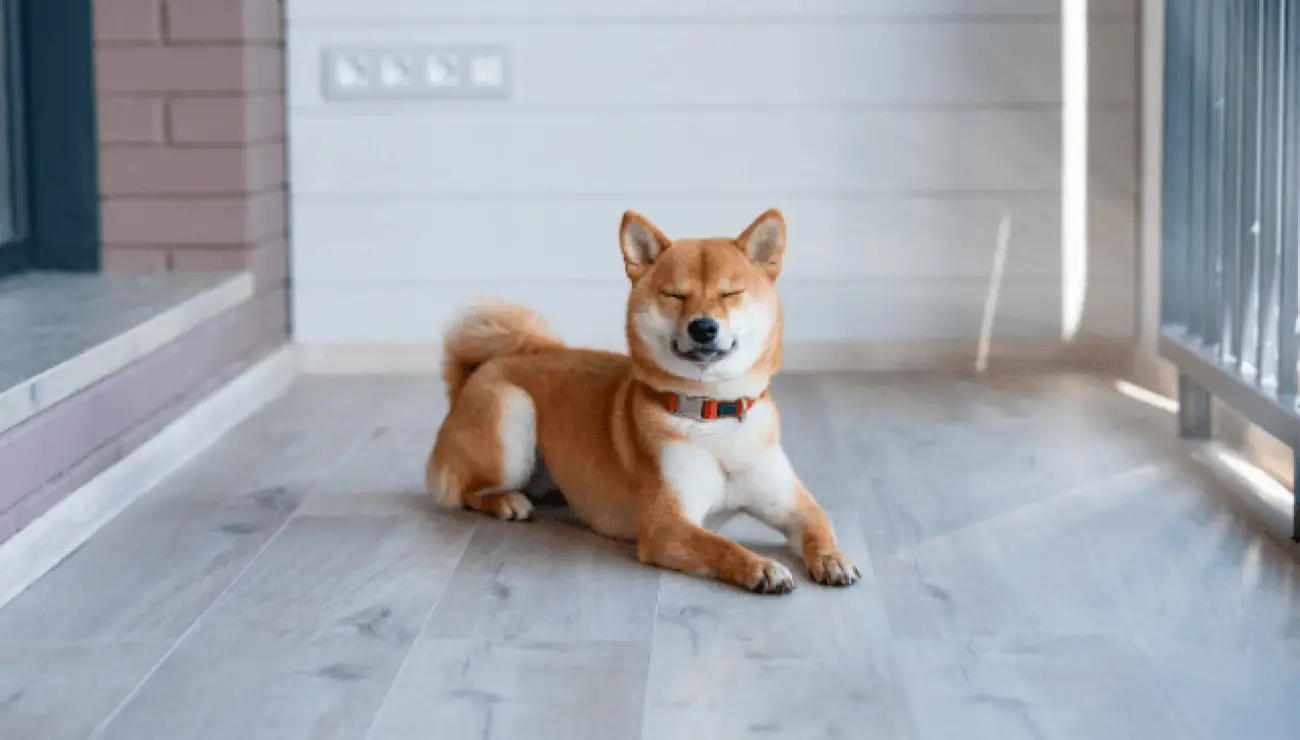
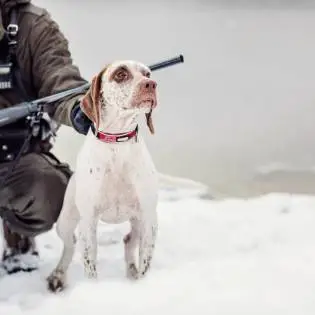
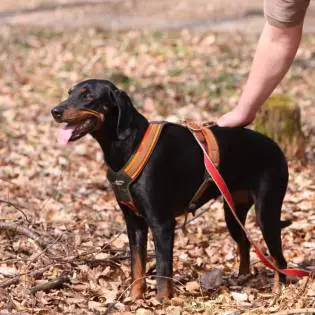
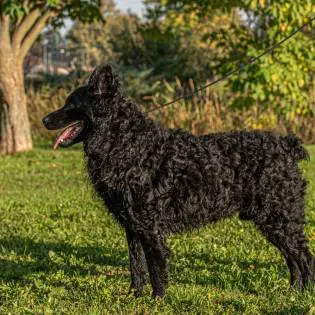
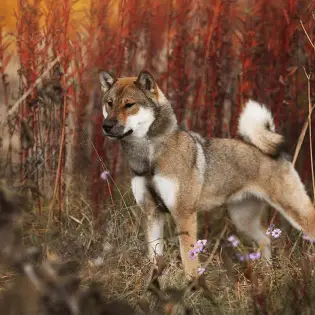
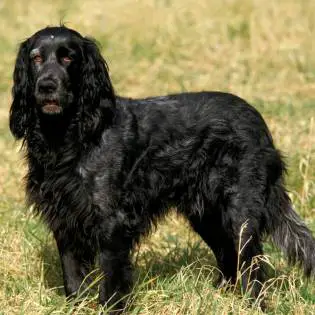
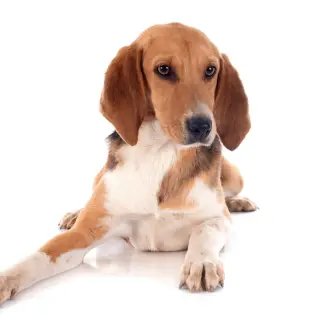
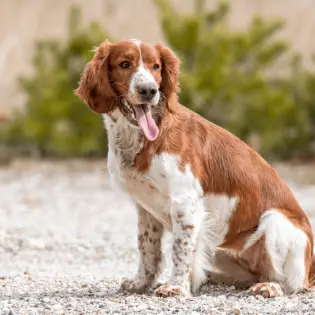
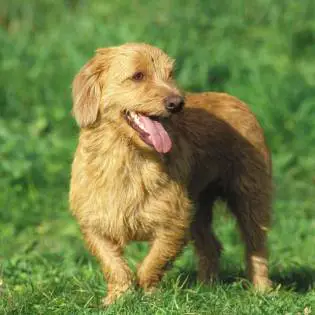
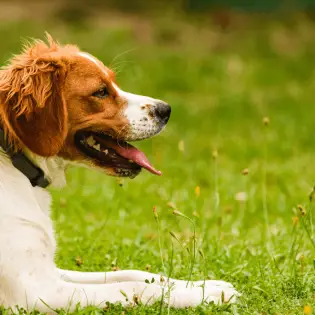
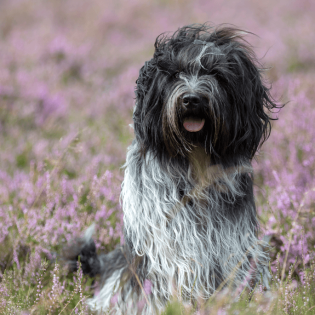

Share